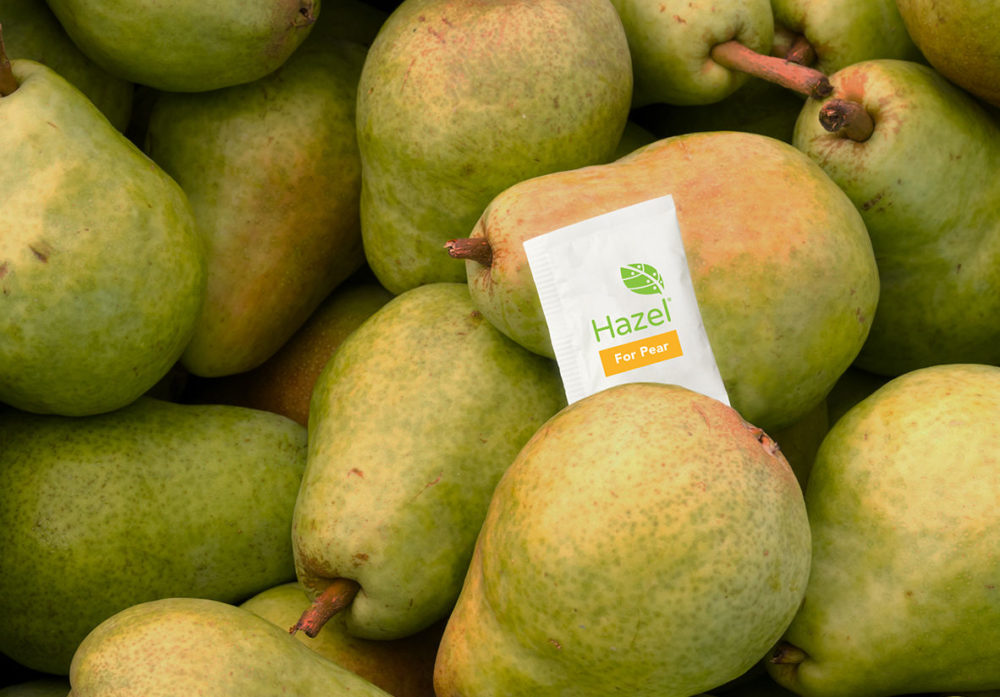Data Snapshot is a regular AFN feature in which we analyze agrifoodtech market investment data provided by our parent company, AgFunder.
Click here for more research from AgFunder and sign up to our newsletters to receive alerts about new research reports.
Startups offering solutions to mitigate or prevent food waste raised just over $563 million in funding during 2021, according to preliminary AgFunder data.
That’s a significant jump from the $340 million raised in FY2020, indicating that food waste is an increasing priority in the food industry for both environmental and economic reasons.
Last year’s top 10 VC deals in the space reflect the variety of ways in which startups are helping to reduce food waste up and down the supply chain. Areas include:
- Food redistribution solutions which rescue ‘ugly,’ damaged, or near-expired products from retail and restaurants and resell them to consumers at a discount;
- Shelf-life extension technologies, generally applied to produce in bulk after harvest;
- ‘Upcycling’ of food for new uses;
- Software, typically AI-powered, which helps foodservice businesses monitor food waste in the kitchen;
- Consumer apps aimed at helping households monitor their food waste.
Top 10 food waste solution deals, FY2021
| Company | Country | Amount raised | Stage | Date |
| Apeel Sciences | US | $250 million | E | Aug |
| Misfits Market | US | $225 million | C | Sep |
| Hazel Technologies | US | $70 million | C | Apr |
| Fiksuruoka.fi | Finland | $23.2 million | Unknown | May |
| Outcast Foods | Canada | $7.8 million | A | Feb |
| Orbisk | Netherlands | $4 million | Seed (inc. grant) | Oct |
| Fazla Gıda | Turkey | $2.9 million | A | Jul |
| Babaco Market | Italy | $2.4 million | Unknown | Apr |
| OneThird | Netherlands | $1.8 million | Seed | Apr |
| Goodr | US | $1.5 million | Seed | May |
Geographically, the majority of the innovation came from North America and Europe:
- The US lead the way, with 40% of 2021’s food waste deals involving startups based in the country.
- Another 40% involved startups in the EU, with two of those coming from the Netherlands.
- Outside of the US and EU, Canada and Turkey hosted one deal each.
Shelf-life extension technologies took two of the three top spots in terms of deal size. California’s Apeel Sciences, which makes a plant-based edible coating that lengthens the lifespan of produce post-harvest, closed a $250 million Series E round in the latter half of 2021; while Chicago-based Hazel Technologies, known for its sachet inserts that extend post-harvest freshness, raised a $70 million Series C round in April [disclosure: AgFunder is an investor in ImpactVision, which was acquired by Apeel in May 2021.]
The second-largest food waste tech investment last year went to New Jersey-based redistribution service Misfits Market, which scored $225 million for its September “Series C1” round.
Food waste: an environmental & economic issue
It has long been known that food waste is a contributor to greenhouse gas emissions, contributing as much as 10% to global emissions by one estimate.
But arguably a bigger motivating factor in fighting food waste right now, for industry and consumers alike, is economics. Foodservice businesses were some of the hardest hit in 2020 and 2021 because of closures and capacity restrictions on dining that resulted from the Covid-19 pandemic.
With purse strings tighter than ever, more precise inventory management — including the tracking and prevention of food waste — has become a priority for many restaurants over the past couple years.
Consumers, too, are feeling the strain on their pocketbooks thanks to Covid-19, rising inflation, and now the potential economic impacts of the conflict in major food producer Ukraine.
As we get further into 2022, startups are already bringing in more investment dollars for food waste solutions. In February alone, Canada’s Flashfood closed a $12 million Series A round and Finland’s Relex nabbed $568 million to help grocery retailers track and fight food waste.





